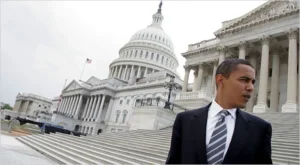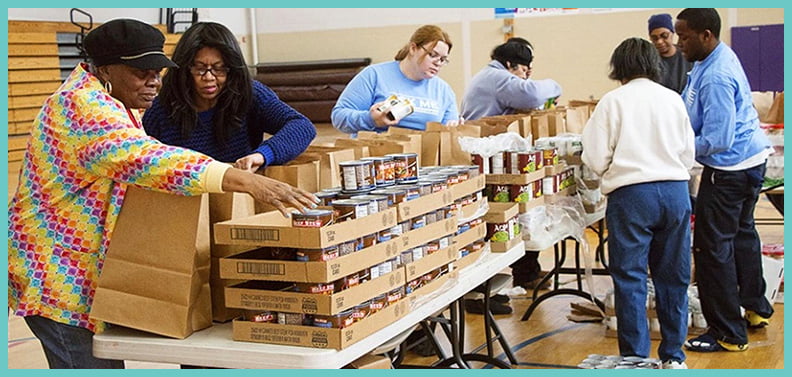
In cities across the United States, access to fresh food isn’t just a matter of geography—it’s a matter of justice. The term “food desert” has long been used to describe neighborhoods with limited access to affordable and nutritious food. But a more accurate term—food apartheid—calls attention to the deliberate and systemic inequalities that shape who gets access to quality food and who doesn’t.
What Is Food Apartheid?
Unlike the neutral-sounding “food desert,” food apartheid highlights the structural racism, disinvestment, and policy decisions that result in predominantly Black neighborhoods lacking grocery stores, farmers markets, and affordable healthy food options. It is not a natural occurrence—it’s the product of decades of segregation, redlining, and economic marginalization.
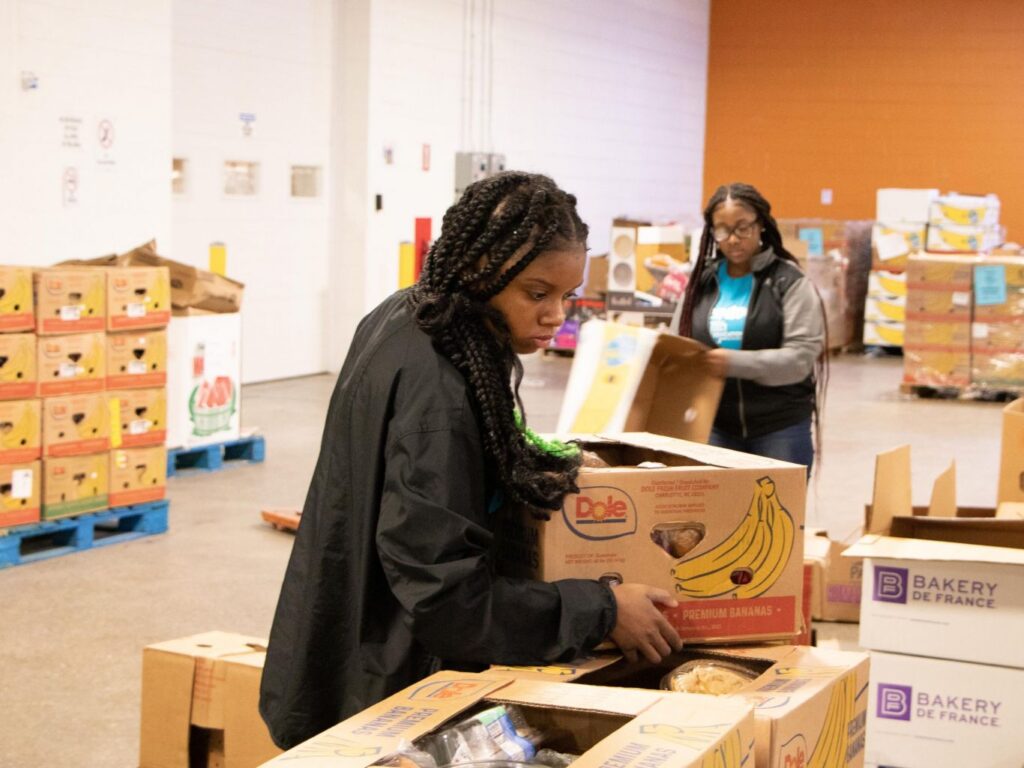
The Impact on Nutrition and Health
Black communities disproportionately suffer from diet-related health issues such as diabetes, hypertension, and heart disease—not because of individual choices, but because of the limited food environment. When corner stores and fast-food chains are the most accessible options, families are left with few alternatives. The lack of fresh fruits, vegetables, whole grains, and lean proteins contributes directly to chronic health disparities.
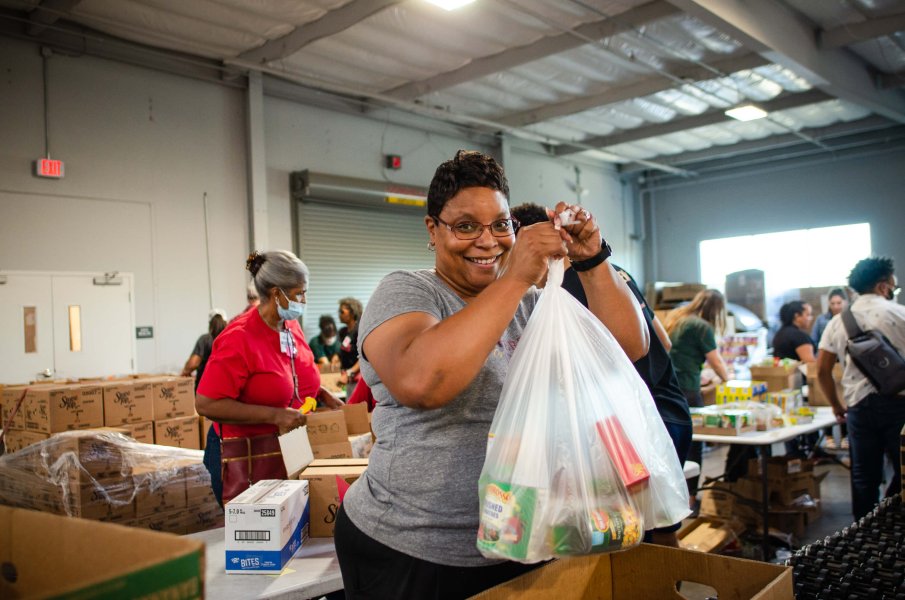
Economic Barriers and the Cost of Eating Well
Healthy food is often more expensive and less available in under-resourced neighborhoods. Even when healthier options are introduced, pricing, lack of culturally relevant foods, and transportation issues can keep them out of reach. For many families, time constraints and multiple jobs further limit the ability to seek out or prepare healthy meals.
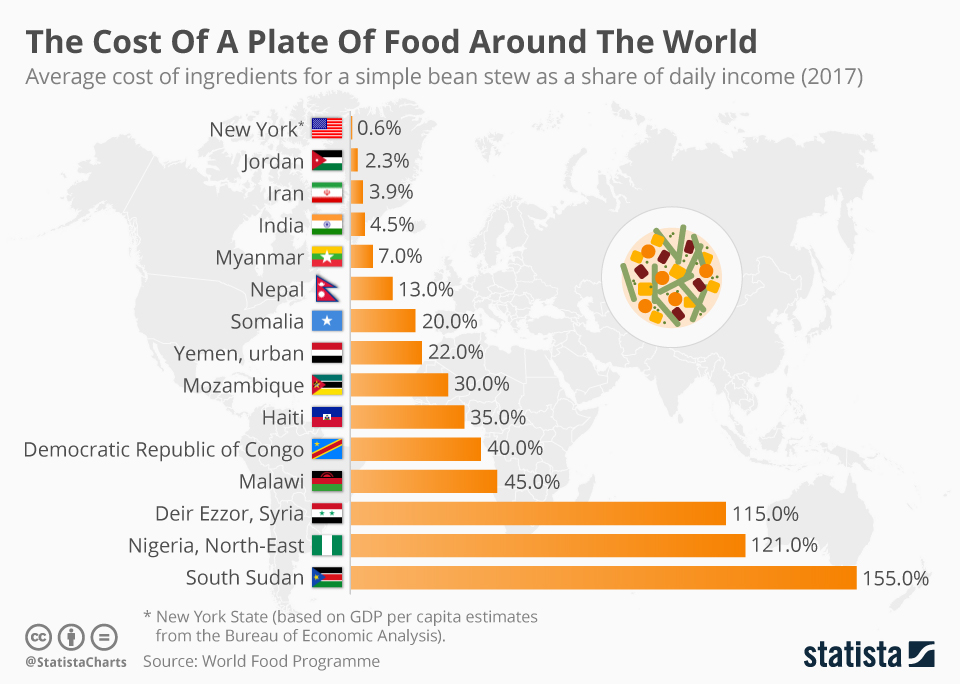
Community Solutions and Resistance
Despite these challenges, Black communities are leading the charge toward food justice. Urban farms, community gardens, co-ops, and mutual aid food programs are redefining what sustainable food systems look like. Organizations like Black Farmers’ markets, mobile food trucks offering fresh produce, and youth-led food sovereignty initiatives are creating powerful models for community resilience and wellness.
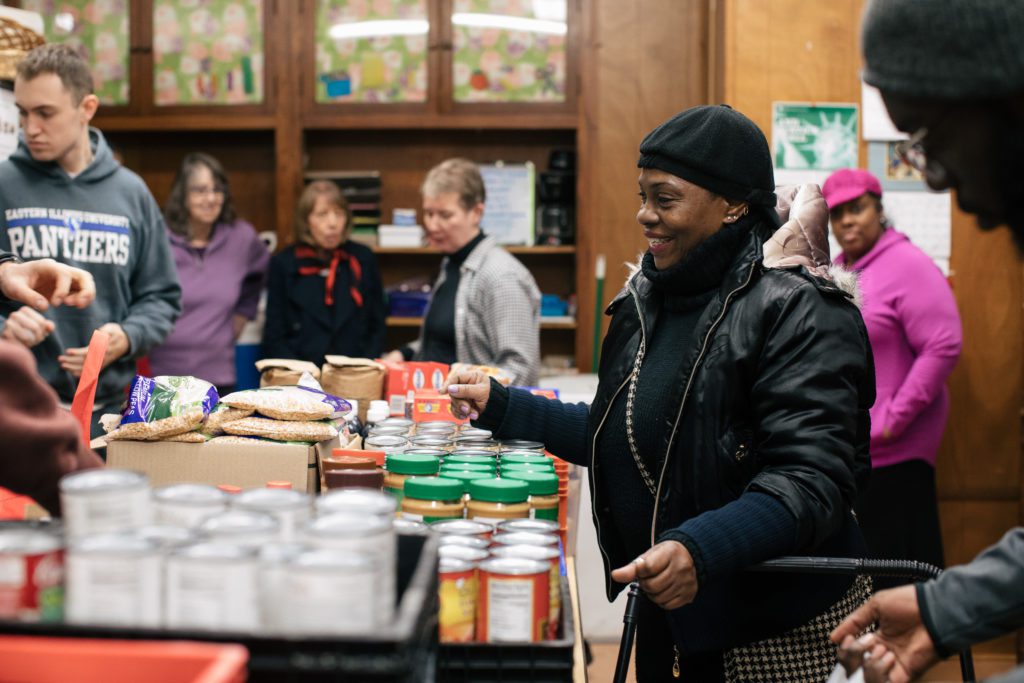
Looking Ahead
Food apartheid will not end overnight—it requires policy change, investment in infrastructure, land justice, and an acknowledgment of the racist systems that created these conditions. But it also requires amplifying the voices of those most affected and supporting grassroots efforts already at work.
Access to nutritious food should not be a privilege—it’s a right. And the fight for food justice is inseparable from the broader fight for racial and economic justice in America.
⸻


